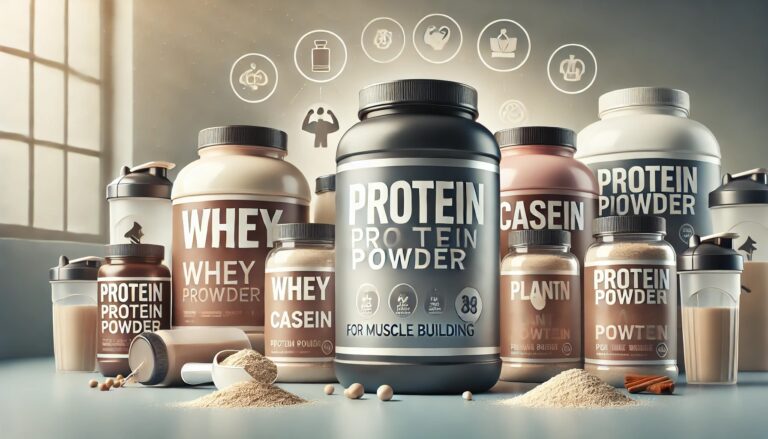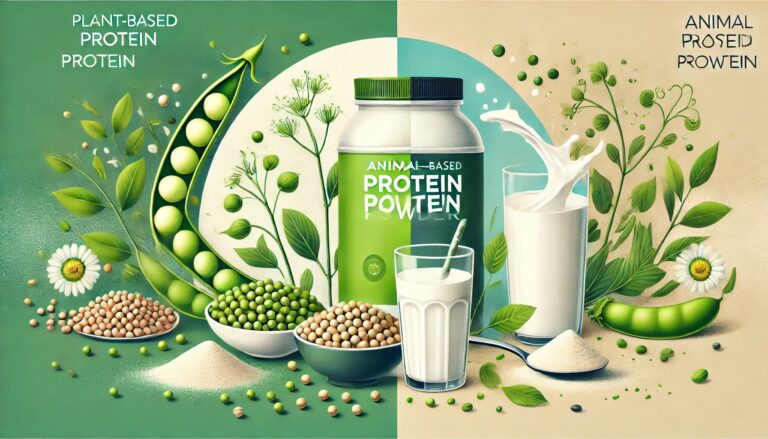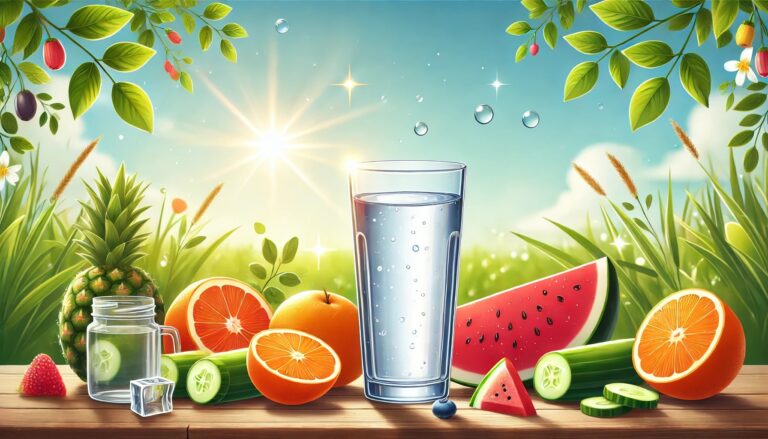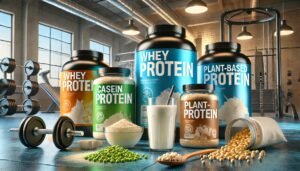Vitamin B12 is a water-soluble vitamin that plays a critical role in maintaining overall health. It is essential for red blood cell production, nerve health, and DNA synthesis. However, due to dietary habits or absorption issues, many people are at risk of vitamin B12 deficiency.
This article explores the symptoms of vitamin B12 deficiency, its causes, and how to effectively supplement B12 to maintain health and vitality.
What is Vitamin B12?
Vitamin B12, also known as cobalamin, is an essential micronutrient. It is primarily found in animal-based foods such as meat, dairy, and fish, making vegetarians and vegans more susceptible to deficiency. The main functions of vitamin B12 include:
• Supporting red blood cell production: Preventing anemia and ensuring efficient oxygen transport.
• Maintaining nerve health: Protecting nerve fibers and supporting brain function.
• Participating in DNA synthesis: Aiding in cell repair and growth.
• Promoting energy metabolism: Helping convert food into energy.
Symptoms of Vitamin B12 Deficiency
A deficiency in vitamin B12 can lead to various symptoms, which vary in severity depending on the level and duration of the deficiency. Common symptoms include:
1. Fatigue and Weakness
A lack of vitamin B12 reduces red blood cell production, impairing the blood’s ability to carry oxygen, leaving individuals feeling tired and weak.
2. Anemia
Vitamin B12 deficiency anemia may present with pale skin, dizziness, and shortness of breath, caused by insufficient or dysfunctional red blood cells.
3. Nervous System Symptoms
Due to the importance of B12 for nerve health, a deficiency may cause:
• Tingling or numbness in the hands and feet (peripheral neuropathy)
• Unsteady walking or poor coordination
• Memory loss or cognitive decline
4. Mood Issues
Studies have linked B12 deficiency to emotional problems such as anxiety and depression, likely due to its role in producing brain chemicals like serotonin.
5. Changes in the Tongue and Mouth
A deficiency may lead to an inflamed tongue (glossitis), characterized by swelling, redness, and pain, as well as mouth ulcers.
6. Vision Problems
Chronic deficiency may damage the optic nerve, leading to blurry vision or visual disturbances.
7. Cardiovascular Problems
Vitamin B12 deficiency can elevate homocysteine levels, which increases the risk of cardiovascular diseases.
Common Causes of Vitamin B12 Deficiency
1. Inadequate Dietary Intake
• Vegetarians and vegans may struggle to obtain sufficient B12 since it is predominantly found in animal-based foods.
• Long-term imbalanced diets or low-protein intake can also lead to deficiency.
2. Absorption Issues
• Pernicious Anemia: An autoimmune condition that interferes with the stomach’s ability to produce intrinsic factor, which is necessary for B12 absorption.
• Digestive Disorders: Conditions like Crohn’s disease, celiac disease, or stomach surgeries (e.g., gastrectomy) can impair B12 absorption.
• Aging: Older adults may produce less stomach acid, reducing B12 release and absorption.
3. Long-Term Medication Use
Certain medications, such as metformin or proton pump inhibitors, can hinder the absorption of vitamin B12 when used over extended periods.
How to Supplement Vitamin B12?
1. Through Diet
Food is the best source of vitamin B12. Here are some B12-rich foods:
• Meat: Beef, chicken, pork
• Fish and Seafood: Salmon, tuna, shellfish (e.g., clams, oysters)
• Dairy Products: Milk, cheese, yogurt
• Eggs: Particularly the yolk
• Fortified Foods: Certain breakfast cereals, plant-based milk, and nutritional yeast fortified with B12
For vegetarians and vegans, fortified foods and nutritional yeast are crucial sources of B12.
2. Use Vitamin B12 Supplements
Supplements are an effective solution, especially for those who cannot meet their needs through diet alone. Common forms include:
• Oral Tablets: Taken daily or weekly.
• Sublingual Tablets: Absorbed through the mouth, suitable for those with absorption difficulties.
• Injections: Recommended for severe deficiency or absorption issues and administered under medical supervision.
3. Consult a Doctor or Nutritionist
If you suspect a B12 deficiency, get a blood test to confirm it. A doctor or nutritionist can recommend a personalized supplementation plan based on your test results.
Important Considerations for Vitamin B12 Supplementation
• Moderate Intake: Although B12 is water-soluble and excess amounts are usually excreted, it’s best to stick to the recommended daily intake (about 2.4 micrograms for adults).
• Regular Monitoring for Vegetarians and Vegans: Regularly check your B12 levels and consider taking supplements as needed.
• Pair with Other Nutrients: B12 works synergistically with folic acid and iron to prevent anemia more effectively.
Long-Term Health Benefits of Vitamin B12
Maintaining adequate B12 levels provides several long-term health benefits, including:
• Increased Energy: Preventing fatigue caused by anemia.
• Improved Memory and Cognition: Reducing the risk of age-related memory decline.
• Better Mood: Decreasing anxiety and depression, improving overall happiness.
• Nerve Protection: Preventing nerve damage and peripheral neuropathy.
• Heart Health: Lowering cardiovascular disease risk.
Conclusion
Vitamin B12 is essential for maintaining good health, and its deficiency can lead to a wide range of symptoms and long-term health issues. By eating a balanced diet, using supplements appropriately, and monitoring your health regularly, you can maintain optimal B12 levels and enjoy a healthier life.
We hope this article provides comprehensive information and practical advice to help you manage your vitamin B12 intake effectively and improve your overall well-being.




















